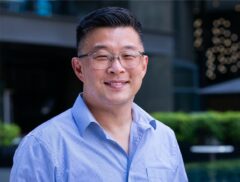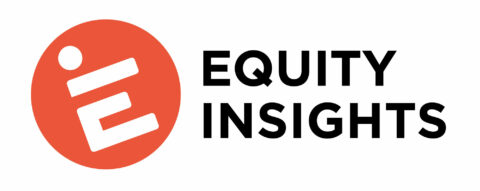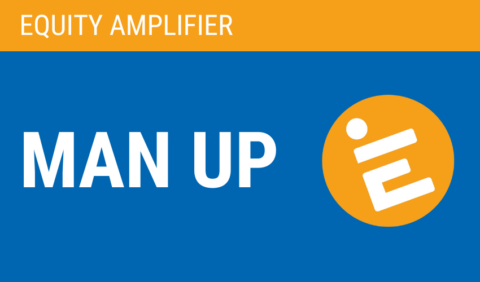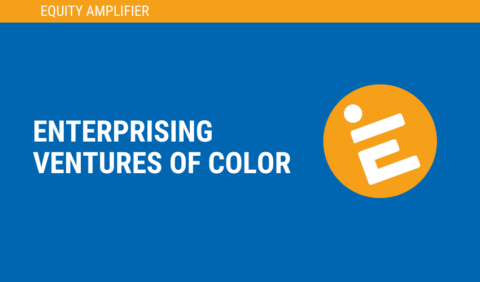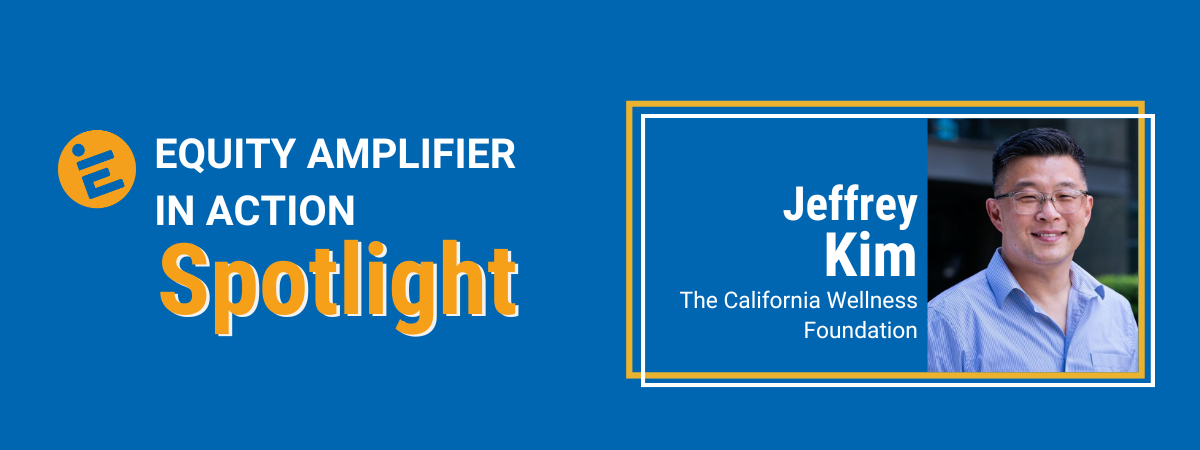
Asset Funders Network introduces Equity Amplifier in Action, a bi-monthly blog member testimonial that highlights why and how funders are supporting nonprofits through expanding commitments to racial and economic justice & cultivating a community of practice.
Leaning into AFN’s 2024 conference theme of Centering Economic Equity: The Power of Intentionality, I joined many funders from across the country for pre-conference learning activities to learn from New Orleans community members who have been addressing key issues that impact local neighborhoods and resonate nationally.
Following the opening kick-off’s discussion on economic mobility in the Deep South and the Gulf Coast, the large group, of which I was a part, toured Orleans parish and visited with nonprofits working to advance affordable housing solutions; other peers explored transportation, another critical aspect of economic development. Both visits provided insights into efforts happening at the grassroots level and inspired AFN members to further explore how we can intentionally center and support diverse communities.
As grantmakers, we know the power of connection. Our nonprofit partners value this, too. Yet, when organizations of color seek capital, their stresses are compounded by multiple barriers they face in trying to network with funders: getting connected, building rapport, and sustaining relationships.
Hearing candidly from groups working to move the dial in NOLA reinforced key points for undoing these barriers that we should strive to lean even more into:
- Prioritize community engagement. Learning visits/tours are an essential part of moving toward and centering economic and racial equity. These are opportunities for funders to step outside of comfort zones and dismantle internal biases about what a nonprofit organization or program should be and do. They open us up to new ideas, and information that centers nonprofits’ needs and interests rather than our own internal goals.
- Update grantmaking practices. Much of our sector continues to cling to traditional grantmaking practices that get in the way of establishing and maintaining strong, productive relationships with community members. Let us keep not only scrutinizing the many ways that philanthropy reinforces systemic oppression but also moving to adopt and implement permanent changes that value partnership over power.
- Fund in the ways that our partners need. Nonprofit leaders strongly emphasized the importance of longer-term, unrestricted funding as critical to supporting and sustaining organizations focused on asset-building and economic mobility. The tools in AFN’s Realizing Economic Justice platform – including a Funder Guide, Learning in Action Case Stories, Reflection Cards, Shared Language Glossary, and Equity Insights Webinar Series – can help guide and support funders to meaningfully move in this direction as they revise philanthropic approaches.
Kudos to AFN and the New Orleans conference planning committee for crafting a powerful and engaging pre-conference that helped launch our most successful conference to date!
Click here to read the Equity Amplifier spotlight, featuring nonprofits driving transformative changes in New Orleans.
About Jeffrey Kim, Program Director at The The California Wellness Foundation
Jeffrey S. Kim is a program director at The California Wellness Foundation where he currently manages grantmaking related to the Economic Security & Dignity portfolio. His responsibilities include reviewing letters of interest, requesting and evaluating grant proposals, conducting site visits, making funding recommendations and monitoring active grants.
Prior to joining Cal Wellness in April 2005, Kim was associate director of development for the National Conference for Community and Justice – Los Angeles Region. Before that, he worked for the Los Angeles Gay and Lesbian Center as deputy director for the legal services department.
Kim serves on the board of directors of the Asset Funders Network, as well as the steering committee of the Bay Area AFN regional chapter. Previously, he was appointed by the Speaker of the California State Assembly to the California Commission on Asian and Pacific Islander American Affairs. He also served on the board of directors of Grantmakers In Aging as well as the steering committee of the Los Angeles chapter of Asian Americans and Pacific Islanders in Philanthropy, and served on the steering committee of the Funders Oral Health Policy Group, a national network of funders in oral health.
A member of the State Bar of California, Kim earned his law degree from the University of Michigan and his bachelor’s degree in economics from Yale University.
